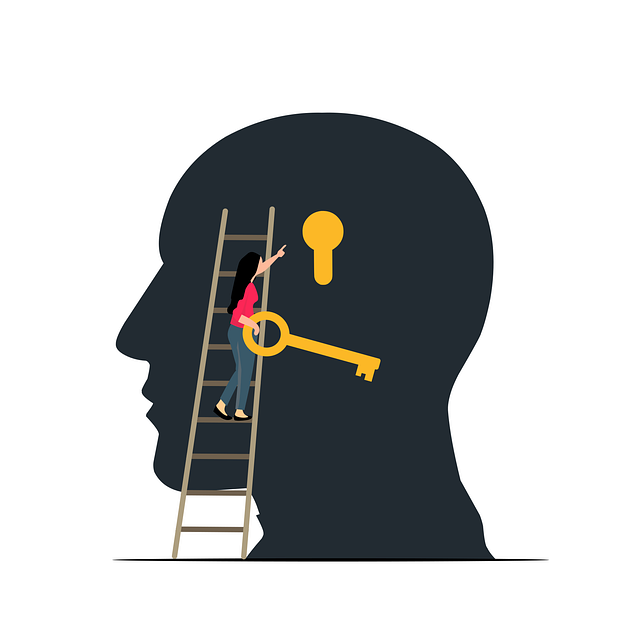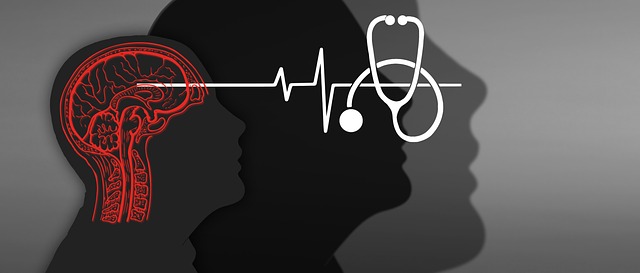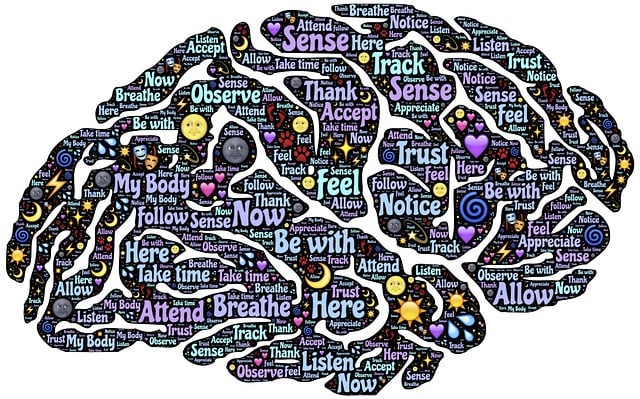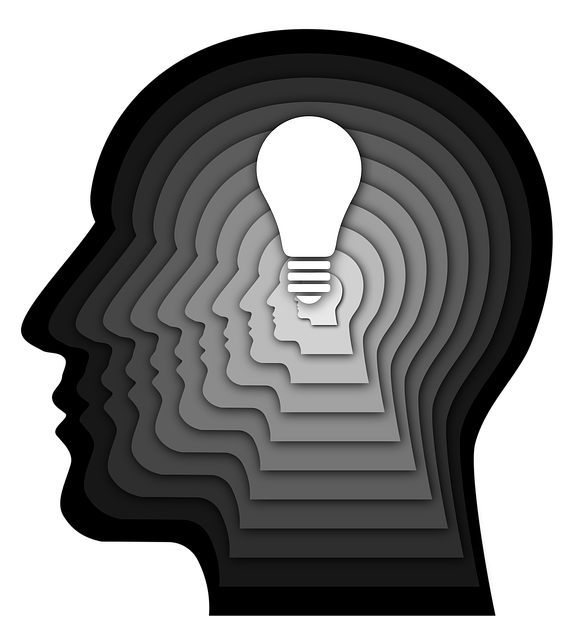Emotional Intelligence (EQ) is a key driver of personal development and well-being, encompassing self-awareness, self-regulation, empathy, and social skills. Combining EQ with techniques like mindfulness meditation and Superior Anger Management Therapy can significantly enhance relationships, decision-making, and job satisfaction. Self-awareness helps individuals recognize emotional triggers and manage responses, while Superior Anger Management Therapy focuses on healthy coping mechanisms for anger control. Empathy building strengthens connections in both personal and professional settings. Emotional regulation skills, improved through practices like journaling and mindfulness, lead to better stress management and mental health. These integrated approaches are especially beneficial for healthcare providers seeking burnout prevention and enhanced patient outcomes.
Emotional intelligence (EQ) is the cornerstone of personal growth, enabling individuals to navigate life’s complexities with resilience and empathy. This article delves into the multifaceted aspects of EQ, offering insights on unlocking its potential. From understanding the foundational concept to exploring crucial components like self-awareness and managing anger constructively through Superior Anger Management Therapy, each section guides readers toward a more balanced and fulfilling life. Learn how cultivating empathy and emotional regulation skills can foster deeper connections and enhance overall well-being.
- Understanding Emotional Intelligence: The Foundation for Personal Growth
- Unlocking the Power of Self-Awareness: A Key Component of EQ
- Managing Anger Constructively: Strategies for Superior Anger Management Therapy
- Empathy in Relationships: Enhancing Connection and Understanding
- Cultivating Emotional Regulation Skills for a Balanced Life
Understanding Emotional Intelligence: The Foundation for Personal Growth

Emotional intelligence (EQ) is a vital foundation for personal growth and well-being. It involves recognizing, understanding, and managing our own emotions as well as empathizing with others. This complex skill set includes self-awareness, self-regulation, motivation, empathy, and social skills, enabling individuals to navigate relationships, make informed decisions, and foster positive interactions.
Developing EQ can be a transformative process, especially when coupled with effective techniques like mindfulness meditation and anger management therapy. For instance, superior anger management therapy helps individuals understand and control their emotional responses, fostering better communication and reducing conflicts. Additionally, empathy-building strategies promote deeper connections and understanding between people, which is crucial in both personal and professional settings. By integrating these practices, individuals can enhance their emotional intelligence, leading to improved relationships, increased job satisfaction (even for healthcare providers seeking burnout prevention strategies), and a more fulfilling life.
Unlocking the Power of Self-Awareness: A Key Component of EQ

Self-awareness is a cornerstone of emotional intelligence (EQ), enabling individuals to recognize and understand their own emotions and the impact they have on their thoughts and behaviors. This crucial component empowers people to effectively manage their emotional responses, especially in challenging situations. By developing self-awareness, one can gain valuable insights into their emotional triggers, such as anger, which is a common yet complex emotion often requiring superior anger management therapy.
Understanding one’s emotional landscape fosters better decision-making and enhances relationships. In the context of healthcare, where cultural competency training for providers is essential, self-awareness plays a pivotal role in creating empathetic connections with diverse patients. Compassion cultivation practices, when combined with increased self-awareness, can lead to improved patient outcomes and stronger therapeutic alliances. This, in turn, promotes anxiety relief and fosters an environment of trust and understanding.
Managing Anger Constructively: Strategies for Superior Anger Management Therapy

Managing anger constructively is a crucial aspect of Superior Anger Management Therapy. It involves learning to recognize and understand emotional triggers while developing healthy coping mechanisms. Through self-awareness exercises, individuals can identify their feelings and express them in a safe, controlled manner, reducing the likelihood of explosive reactions. By integrating Self-Care Routine Development for Better Mental Health into daily life, one can manage stress levels more effectively, thereby minimizing anger’s impact on personal relationships and overall well-being.
Trauma Support Services play a significant role in helping individuals process past traumas that may contribute to frequent anger outbursts. These services provide a safe space to explore and express emotions without judgment, fostering emotional resilience. Combining Self-Awareness Exercises with trauma support allows for profound personal growth, enabling people to navigate their anger in a more constructive light. This holistic approach to Superior Anger Management Therapy not only teaches individuals to manage their anger but also equips them with the tools needed to enhance overall mental health and build healthier relationships.
Empathy in Relationships: Enhancing Connection and Understanding

Empathy forms the cornerstone of strong relationships, and cultivating it is a vital aspect of emotional intelligence building. It involves understanding and sharing the feelings of others, fostering an environment of trust and connection. In personal relationships, empathy allows individuals to resolve conflicts more effectively, as they can recognize and validate each other’s perspectives. This skill is particularly beneficial in managing superior anger, as it helps to de-escalate tensions and promote constructive dialogue. By putting oneself in another person’s shoes, one can gain insights into their emotions and motivations, leading to better decision-making and improved communication.
Beyond personal interactions, empathy plays a significant role in reducing the stigma associated with mental illness. When individuals exhibit empathy towards those struggling with mental health challenges, it fosters an atmosphere of support and understanding. This, in turn, encourages open conversations about emotional well-being, promoting early intervention and better access to care. Moreover, empathy is key in conflict resolution within communities and workplaces, where Social Skills Training can be enhanced by role-playing scenarios that emphasize empathetic communication. Through these practices, individuals learn to navigate challenging situations with a deeper sense of compassion, ultimately strengthening relationships and fostering healthier environments.
Cultivating Emotional Regulation Skills for a Balanced Life

Cultivating Emotional Regulation Skills is a cornerstone for achieving a balanced and fulfilling life. It involves learning to identify, understand, and manage our emotions effectively. Superior Anger Management Therapy plays a pivotal role in this process, helping individuals develop healthy coping mechanisms to navigate intense feelings constructively. By mastering anger regulation techniques, one can prevent impulsive reactions that may lead to regrettable decisions or strained relationships.
Incorporating mental wellness practices like journaling exercises and mindfulness guidance can significantly enhance emotional intelligence. Regularly documenting thoughts and emotions in a Mental Wellness Journaling Exercise provides valuable insights into our psychological state. This introspective practice allows us to recognize patterns, triggers, and potential areas for growth. Additionally, stress reduction methods such as meditation or deep breathing exercises empower individuals to calm their minds and bodies when faced with challenging situations, thereby reducing the impact of stressors on overall mental health.
Emotional intelligence, a key driver of personal growth and successful relationships, encompasses self-awareness, empathy, and emotional regulation. By understanding and managing our emotions effectively, we can navigate challenges such as anger constructively, fostering deeper connections with others. Implementing strategies like Superior Anger Management Therapy, alongside cultivating empathy and emotional balance, allows us to thrive in both personal and professional spheres. These practices empower us to lead more fulfilling lives, marked by enhanced self-understanding and improved interpersonal dynamics.














